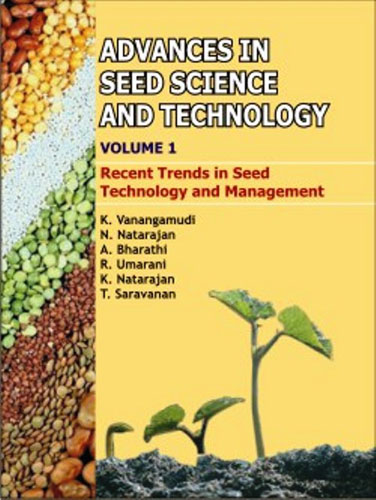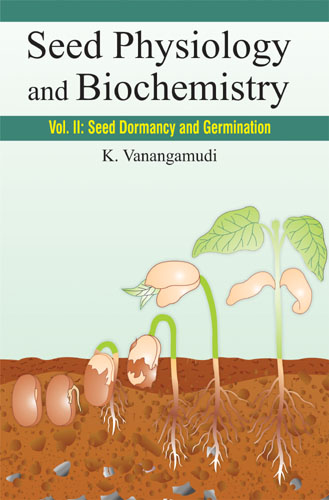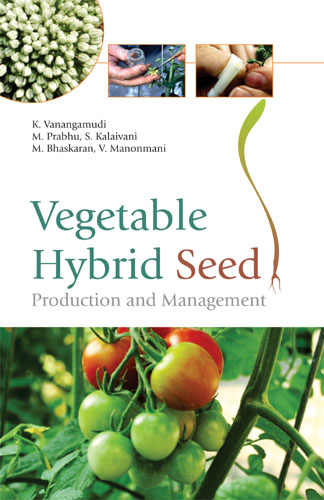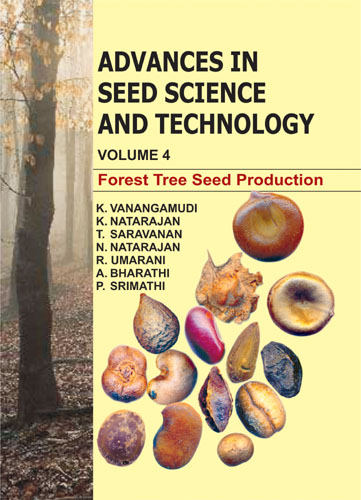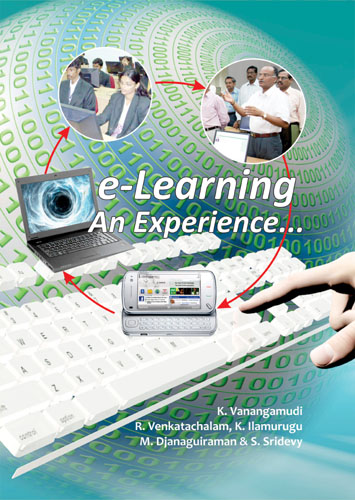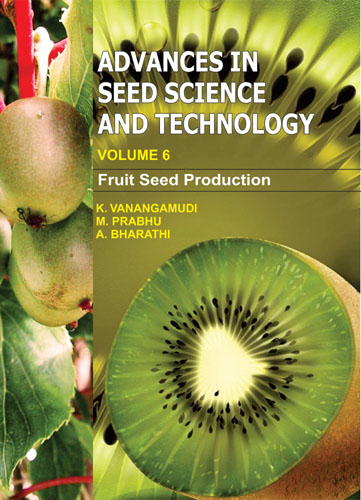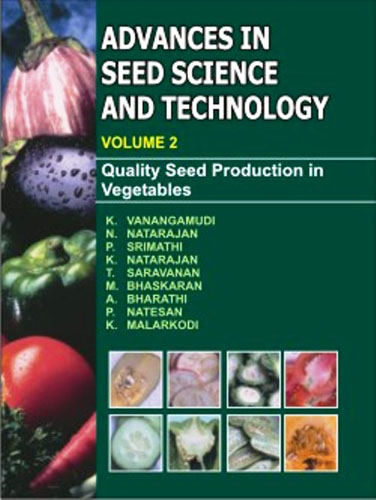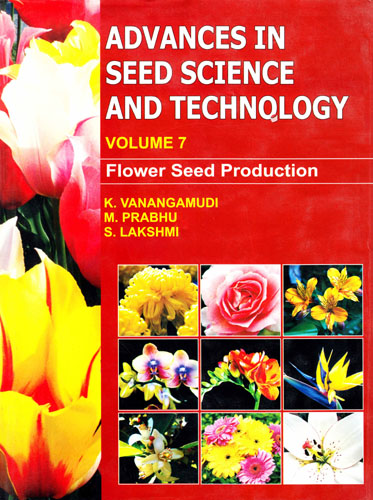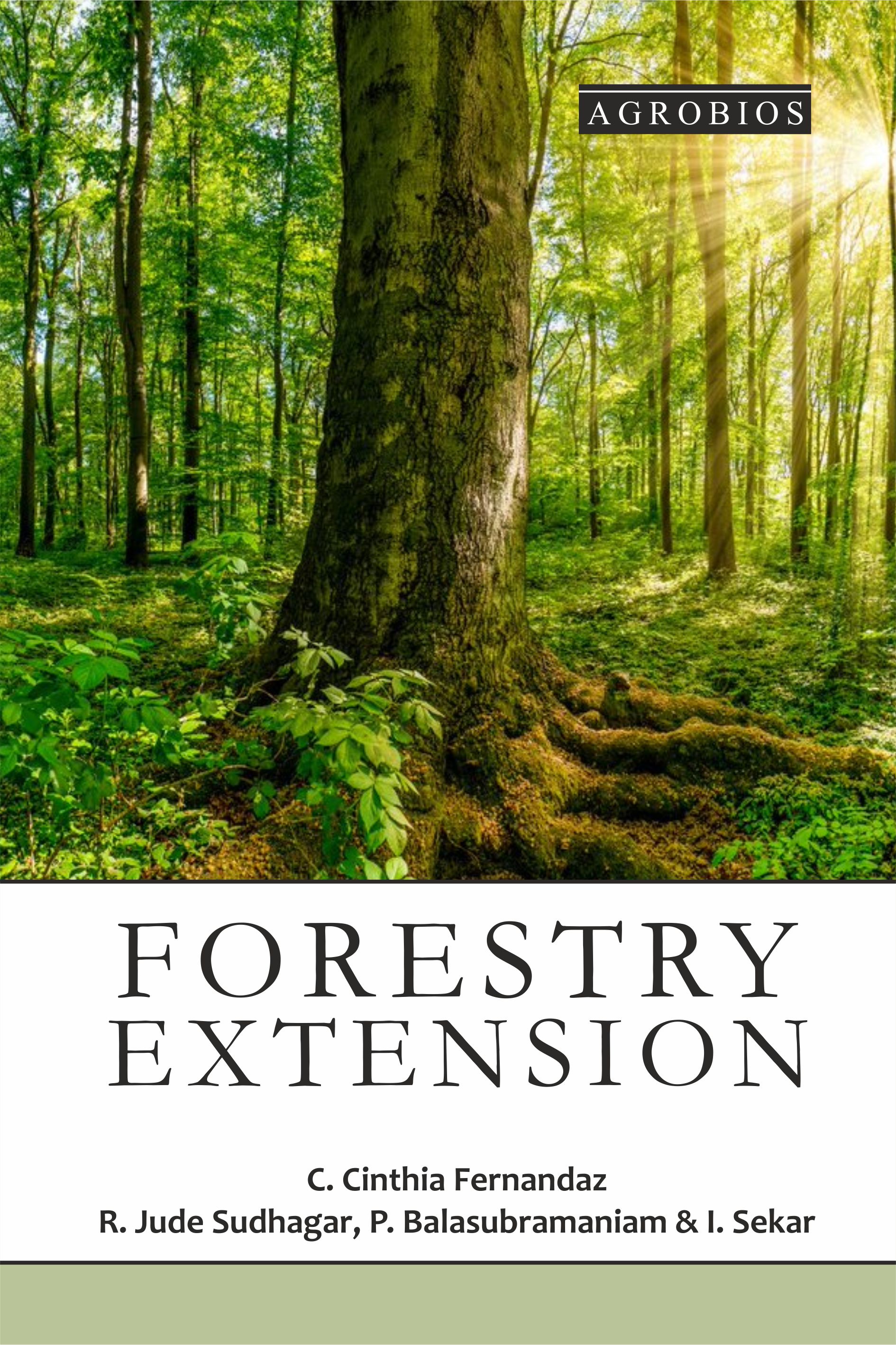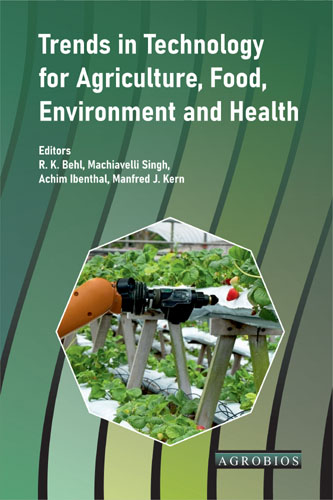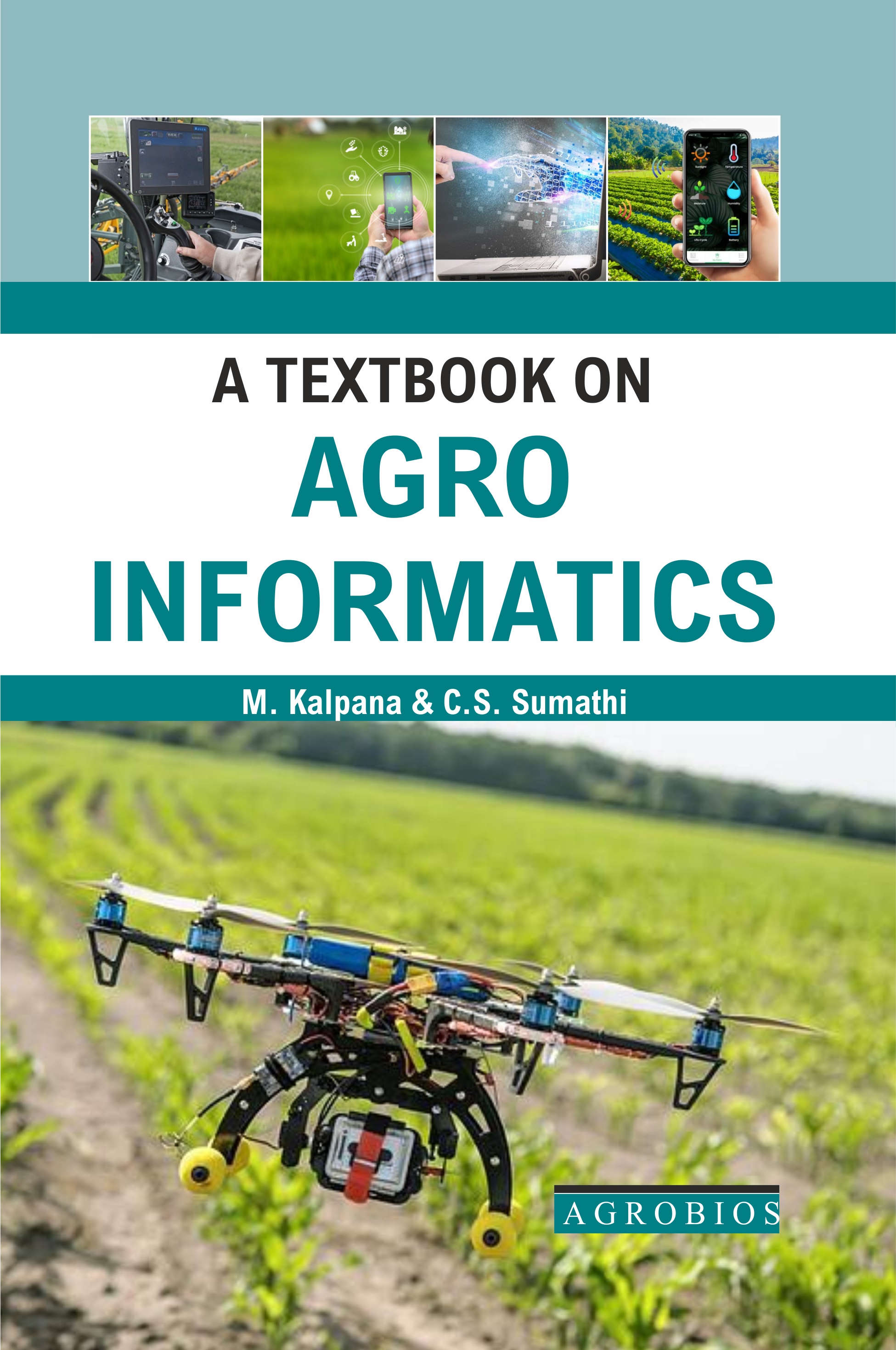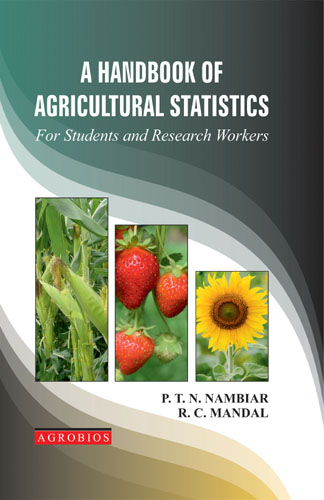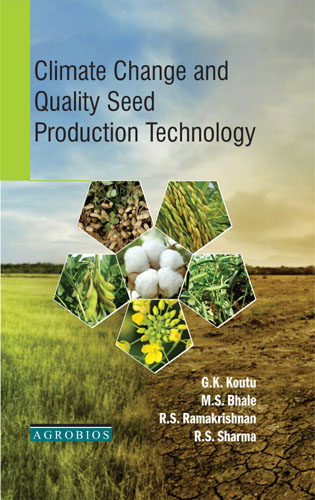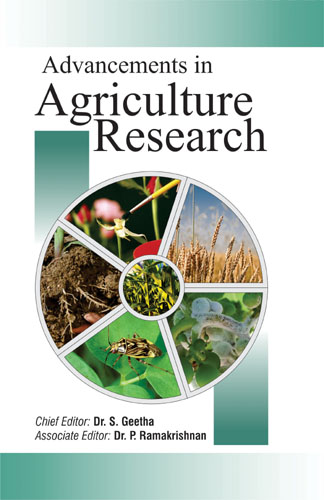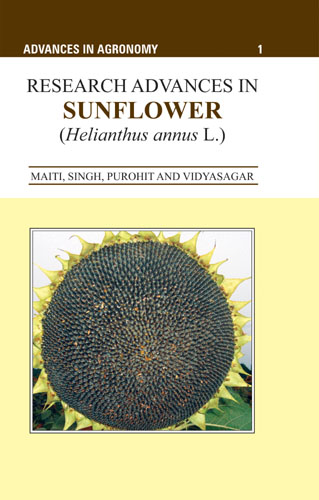Advances In Seed Science And Technology (volume 1): Recent Trends In Seed Technology And Management
Dr. (Prof.) Vanangamudi K
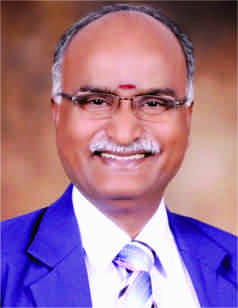
Dr. K. Vanangamudi former Dean
(Agriculture), is now working as a Professor of Seed Science and Technology. He
was the Co-Principal Investigator of the ICAR NAIP scheme on Development of
e-course materials for B.Sc.,(Ag) Degree programme. He is the Principal
Investigator of GOI-NIMI schemes on Development of Instructional materials for
ITI students in Agriculture sector and Development of Instructional materials
for COE both BBBT and advance modules. He was the former Dean (Agriculture),
Agricultural College and Research Institute, Tamil Nadu Agricultural
University, Coimbatore from March 2006 to July 2009, former Dean of AP
Agricultural College, TNAU, Kalavai, Vellore district from September 2003 to
February, 2006 and former Professor and Head of Dept. of Seed Science &
Technology, TNAU, Coimbatore -3 from March 2001 to August 2003.
During his tenure as Dean
(Agri) he started three new UG degree progarmmes namely B.Tech (Bioinformatics)
in 2006-07, B.Tech (Agricultural Information Technology) in 2007-08 and BS
(AgriBusiness Management) in 2007-08.
As a faculty Dean of TNAU, Dr.
Vanangamudi is having a rich experience in e-education. Introduced e-learning,
e-teaching, e-class, e-registration, e-attendance, e-communication,
e-assignment, online examination and e‑evaluation
in UG education of TNAU. This is implemented for 12 UG degrees being offered at
10 constituent and 4 affiliated colleges.
He established e-learning lab,
e-class room, e-examination hall and WiFi connectivity in the boys and girls
hostels of all the colleges of TNAU. Owning of laptop is the mandatory for all
UG students.
He encouraged the teachers to
develop webnotes and hosted in the TNAU website. He also introduced interactive
method of teaching, off class mode of teaching, videoconferencing and video
streaming. The teachers lecture presentations in the class room are video
captured, edited and hosted in TNAU website. He introduced many new courses
including Nanotechnology in UG degrees. He is trained in e-learning and web
based teaching at University of California, Davis and Cornell University, USA.
Part I - Seed Industry
- WTO Measures on Agriculture - What Must India Do?
- Seed Technology and Management - Indian Situation
- New Technologies in Seed Industry
- Socio-Economic Implications of Seed Industry Regulations in India-An Overview
- New Avenues in Seed Industry
- Development of Seed Industry, Organization and Agencies Involved in Seed Industry in India
- Small Scale Seed Enterprises - Structure, Prospects and Legal Considerations
Part II - Seed Germination
- Physiology and Biochemistry of Seed Dormancy
- Physiology and Biochemistry of Seed Germination
Part III - Genetically Modified Seeds
- Transgenics for Crop Improvement
- Role of Molecular Markers and Marker Assisted Selection in Crop Improvement
- Employment of Terminator and Other Related Technologies in Seed Science and Technology
- Somatic Embryogenesis and Synthetic Seed Production
- Antisense RNA Technology in Tomato
- Bacillus thuringiensis in Pest Management
Part IV - Seed Quality Enhancement
- Problems and Prospects of Dryland Agriculture in India
- Seed Fortification, Infusion and Osmopriming
- Seed Hardening for Drought Resistance
- Seed Hardenign Research Around the World for Dryland and Garden Land Eco System
- Seed Hardening with Chemicals and Botanicals
- Genesis and Improvement of the Concept of Seed Pelleting
- Seed Pelleting: Principles and Practices
- Current Scenario of Seed Pelleting in Horticultural and Forestry Crops
- Seed Pelleting for Aerial Seeding
- National and International Scenario of Firms and Machinery in Pelleting and Coating
- Future Perspectives for Research on Seed Pelleting
- Current Scenario of Seed Coating Polymer
- Studies on Seed Coloring in Cereals, Pulses, Oil Seeds and Vegetable Seeds
- Seed Colouring in Horticultural Crops
- Conceptual and Utility Differences Among Seed Enhancement Technologies Viz., Seed Pelleting, Seed Coating and Seed Colouring
- Signal Transduction Under Biotic and Abiotic Stress
- Principles and Practices of Aerial Seeding in Tree Species
- Bio-Inoculants in Forest Seed and Seedling Management
Part V - Seed Production
- Choice of Agricultural Crops and Varieties Adoptable in Rainfed and Garden Land Ecosystem
- Production Practices and Maintenance of Nucleus and Breeder Seeds
- Nucleus and Breeder Seed Production in Cross - Pollinated Crops
- Rice Seed Management
- Tackling Problem Soils for Seed Production
- Green Manuring for Sustainable Crop Production
- Role of Supplemental Foliar Application and Pre-Harvest Sanitation Spray in Quality Seed Production
- Role of Bees in Seed Production
- Water Management for Quality Seed Production
- Interference and Management of Weeds in Crop Production
- Role of Weed Seeds in Quality Seed Production
- Source-Sink Relationship in Seed Production
- Physiological Disorders and Nutritional Deficiencies in Quality Seed Production
- Technology of Sugarcane True Seed and Cane Seed At Sugarcane Breeding Institute, Coimbatore - A Review
- Risks in Seed Production and its Management
Part VI - Seed Quality Control
- Quality Parameters for Different Categories of Seds and their Maintenance
- Concept of Seed Quality Control and Certification
- Steps in Maintenance of Genetic Purity
- Importance of Vigour Tests in Seed Quality
- The Concept, Evolution and Current Status of Seed Vigour Tests
- The Concept of Seed Vigour and Crop Productivity
- Varietal Characterisation in Rice
- Morphological Varietal Characterization in Pulses
- Seed Testing Procedures for Coated Seeds
Part VII - Seed Storage
- in Vitro Techniques for Conservation and Use of Plant Genetic Resources
- Halogination - the Safe Seed Management
- Recalcitrant Seeds and their Management in Storage
- Mild Storage Correction Treatments
- Free Radicals and Seed Viability
Part VIII - Seed Health Management
- Heritage of Seed Health and Seed Treatment Practice in India During Ancient Period and its Relevance to Modern Agriculture
- Interference and Management of Pests in Seed Production and Storage
- Insect Pests of Seeds in Storage and their Management
- Seed Health Management with Reference to Seed Borne: Nematodes
- Advanced Techniques for Identification of Seed Pathogens and Production of Disease Free Seed Materials
- Detection of Seed Borne Plant Pathogenic Bacteria and their Management
- Methods for Detection of Fungal Infection in Seeds
Part IX - Seed Processing
- Post Harvest Seed Management
- Principles of Seed Drying
- Seed Processing Equipment
Part X - Seed Marketing
- Seed Marketing and Policy: Certain Issues
Part XI - Special Topics
- Aerobic Rice - An Ideal Tool to Mitigate Water Scarcity
- Sustainable Rice Production Technology and Food Security
- Organic Crop Production
- Quality Protein Maize and its Exploitations
- Organic Seeds: Challenges and Prospects
Subject Index
Book Details
Advances In Seed Science And Technology (volume 1): Recent Trends In Seed Technology And Management
REFERENCE BOOK
920
0
0
CROWN QUARTO (7.5X10)
1900 Gms
All Rights Reserved
M/s AGROBIOS (INDIA)
PG STUDENTS | SCIENTISTS AND RESEARCHERS |



